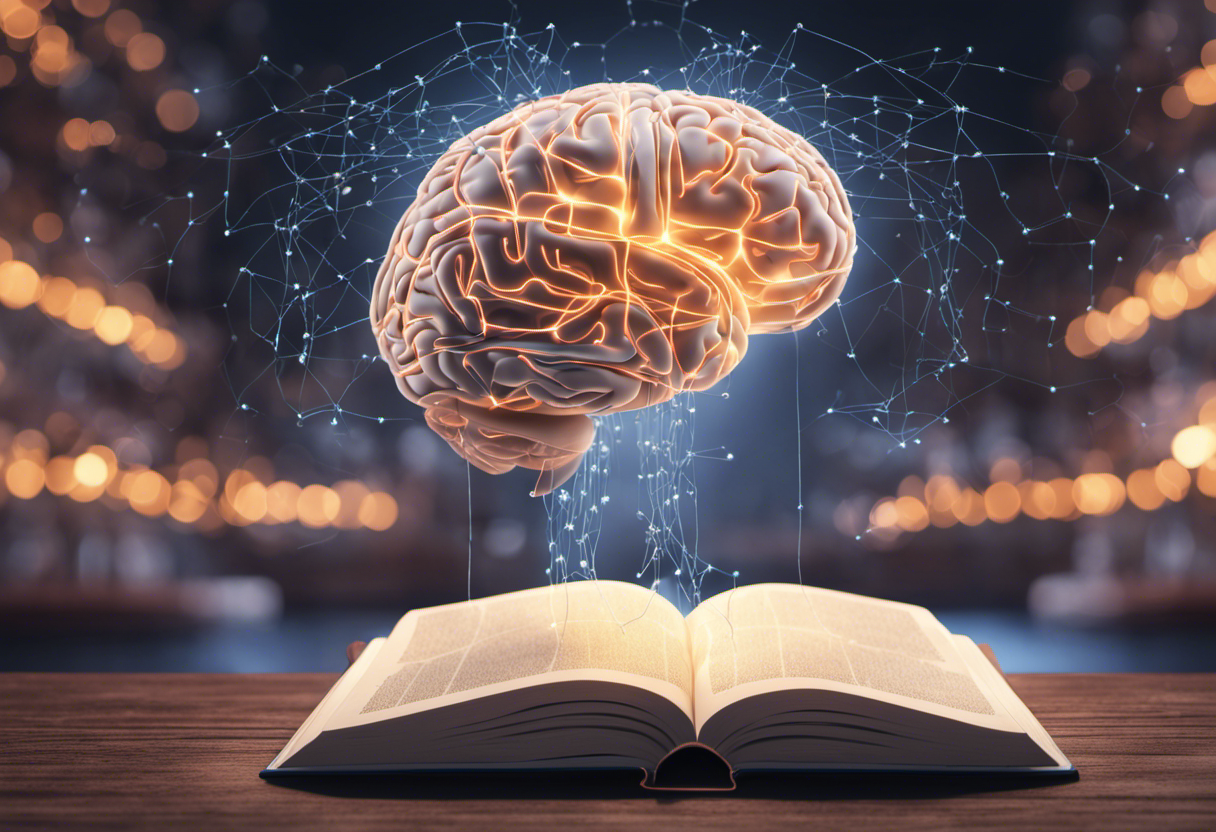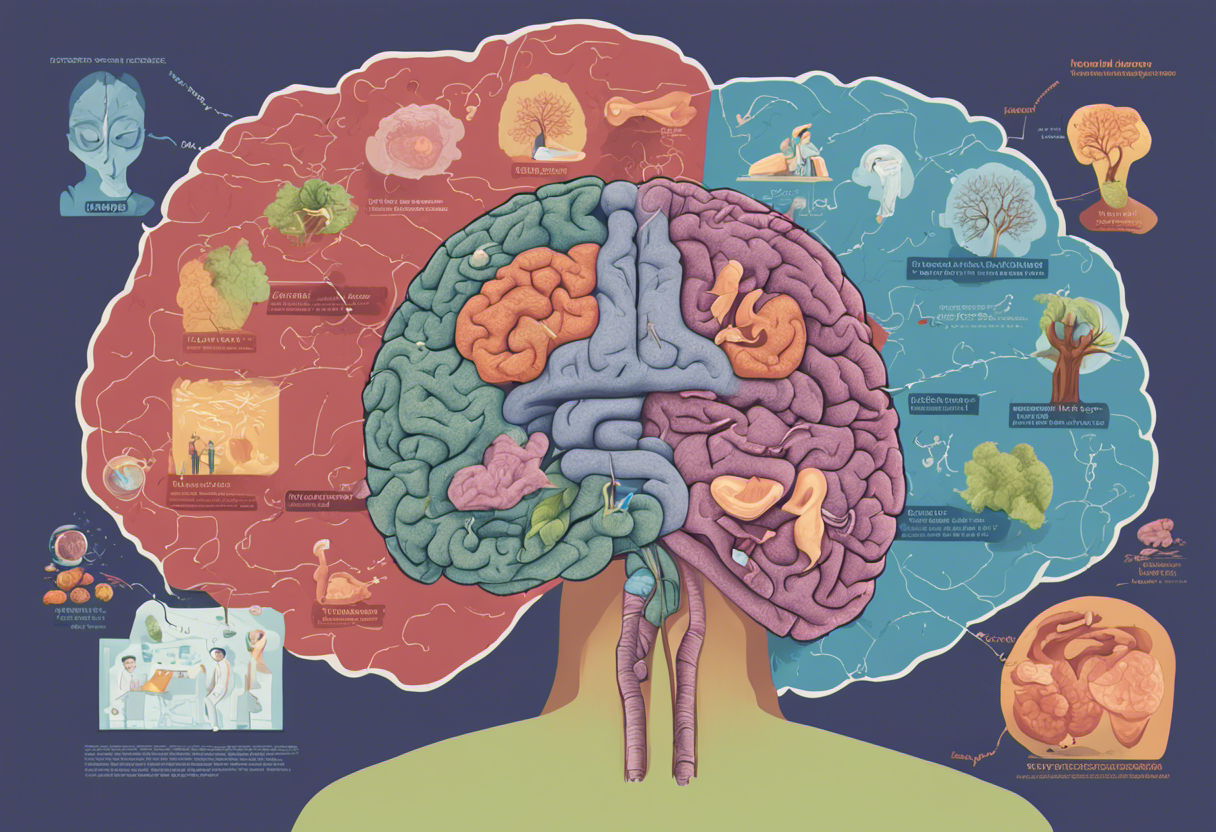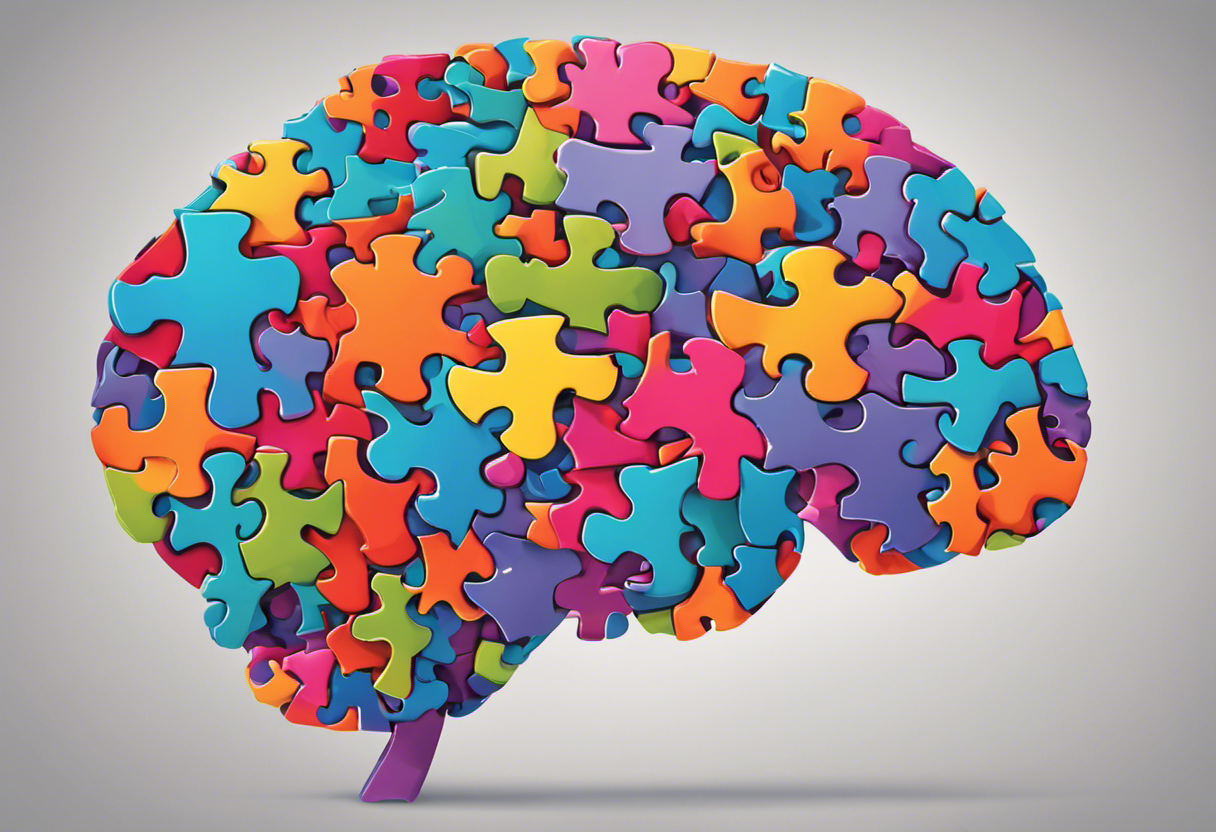Revitalize Your Brain: Unleashing Memory Power Through Brain Plasticity

Has it ever crossed your mind how remarkable our brain’s ability is to adapt and evolve? This intriguing phenomenon, scientifically termed ‘brain plasticity’ or ‘neuroplasticity’, might hold the keys to boosting our memory function. This article explores the beautifully complex realm of neuroplasticity and how it plays a vital role in enhancing our memory capacity. The journey ahead will unfold the correlation between this intriguing brain capability and memory function, highlighting several mental exercises and lifestyle choices promoting increased brain plasticity and improved memory recall. Embark on this cognitive adventure to unveil how manipulating and harnessing the brain’s adaptability can lead us to an enriched and empowered intellectual life.
Understanding Brain Plasticity
Brain Plasticity, often called neuroplasticity, is a fascinating attribute of the human brain. When discussing this unique phenomenon, we delve into the amazingly transformative capacities of the brain that bestow it with the ability to alter and reconfigure its structural composition.
Definition of Brain Plasticity
There is an intriguing elasticity innate to our cerebral landscape. This capability, called ‘brain plasticity,’ signifies the brain’s capacity to ‘reform’ itself by creating new neural pathways and adjusting existing ones. It culminates in a dynamic neurological landscape that continuously acclimatizes and evolves in response to experiences, behaviors, thinking patterns, and emotions. This nimbleness extends our capacity to learn, adapt to new environments, repair damage, or tackle cognitive decline brought about by aging.
How the Brain Changes Over Time
Over time, our brain undergoes extensive transformation governed by plasticity. Every piece of information that we acquire perpetrates a subtle adjustment in our neural circuitry involving synapses and neurons. Repetitive engagement with specific thoughts or tasks bolsters these fresh neural pathways, while neglected ones get pruned off. This iterative re-wiring process is our brain’s proactive approach to optimizing resources and fostering learning efficiency.
The Importance of Brain Plasticity in Memory Function
The robust linkage between brain plasticity and memory function underscores its crucial role in cognitive abilities. Brain plasticity is the mechanism that empowers our brains to preserve past experiences as memories. The data consolidation resulting from this rearrangement of neural pathways is what we recognize as memory acquisition and recall.
The Role of Neurons and Synapses in Memory
Our memory function owes its existence mainly to neurons and synapses, basic brain communication network units. Memories form when neuronal circuits associated with particular experiences get activated recurrently- a process defined by Donald Hebb’s iconic saying: “Neurons that fire together, wire together.” This simultaneous firing of neurons strengthens synapses in this circuit, facilitating the formation and preservation of memory. By understanding these elements and how they play into plasticity, we delve deeper into the workings of our cognitive apparatuses, thereby unlocking new approaches to enhance our intellectual prowess.
The Correlation Between Brain Plasticity and Memory Improvement
Abilities of the Brain to Change and Adapt
Neuroplasticity denotes an intrinsic property of the human brain that enables it to reorganize and remold itself. When the brain encounters a new set of information or confronts a new environment, it unveils its aptitude for eclecticism by altering its structure – a popular concept described as ‘rewiring’. The genesis of this formidable mechanism occurs through the formulation of fresh neuronal interconnections, facilitating an escalated capacity for knowledge assimilation and memory expansion.
Impact on Learning and Memory Recall
Inevitably, neuroplasticity contributes significantly towards ameliorating memory recall as it is instrumental in the genesis of neurons – a crucial element in memory encoding. Creating new neuronal circuits resulting from continuous learning and exposure to diverse experiences enriches memory capacity. Additionally, the adaptability of neural connections, termed synaptic plasticity, fosters a more efficient memory recall process – essentially, the brain boosts its ability to retrieve stored information quickly.
How Brain Exercises Enhance Brain Plasticity
Various Mental Exercises for Improved Memory Recall
Engaging in mental gymnastics is quintessential for augmenting brain plasticity, thus accelerating memory recall. Cognitive tasks that challenge the cerebral cortex, such as solving puzzles, learning a new language or instrument, reading complex material, or mastering an unfamiliar skill, can help catalyze the brain’s ‘rewiring.’ This mental conditioning can forge newer neural pathways and enhance synaptic durability, effectively amplifying memory vigor.
Effect of Mental Exercises on Strengthening Synaptic Connections
Regular cognitive workouts have the potential to influence synaptic fortification – citing them as non-negotiable tools for those desiring heightened cognition. These exercises infuse neurons with vitality, facilitating their proliferation and encouraging extensive synaptic connections. A higher number of synapses translates to improved access to stored memories, implying superior recall capacity.
Role of a Healthy Lifestyle in Promoting Brain Plasticity
Effects of Diet and Nutrition on the Brain’s Plasticity
Food can serve as medicine and poison for our brains – a balanced diet contributes significantly to brain health, particularly in neuroplasticity. Nutrient-rich foods, replete with omega-3 fatty acids, antioxidants, B vitamins, and other vital nutrients, can support an enriched environment promoting optimal brain plasticity. Such culinary choices encourage effective neural communication, fostering neuron growth and intensifying synaptic connections.
Physical Activities and Their Influence on Brain Plasticity
Physical exercise, ranging from aerobics to resistance training, profoundly impacts the human brain’s plasticity mechanisms. An active lifestyle fuels the production of neurotrophins- chemicals that promote neuronal survival and synaptic connectivity. Consequently, physical conditioning augments mental sharpness and enhances memory recall by facilitating neuronal proliferation and supporting synaptic strength.
Conclusion
The remarkable adaptability of your brain, referred to as brain plasticity or neuroplasticity, is the pinnacle of personal intellectual growth and memory enhancement. Through its amazing power to rewire neural pathways and build new ones, your brain is constantly priming itself for learning, adapting, repairing, and counteracting cognitive decline.
Neurons and synapses play essential roles in creating and recalling memories. Understanding your brain’s superpowers ignites a sense of curiosity and guides you in shaping a sharper, more agile mind.
There are plenty of exercises that stimulate brain plasticity, promoting better memory recall by extending synaptic connections. A well-rounded lifestyle with effective nutrition and physical activities further offers nutrients for your brain to remain flexible and resilient.
So why dream of an extraordinary intellect when you can work towards it? Embrace the exciting potentials of brain plasticity! Start your cognitive adventure today to unlock the power within your magnificent command center – your brain! Let this journey enrich your memory capabilities and empower your intellectual life in ways you had never thought possible. After all, it’s never too late to become the version of yourself that you aspire to be.




Comments